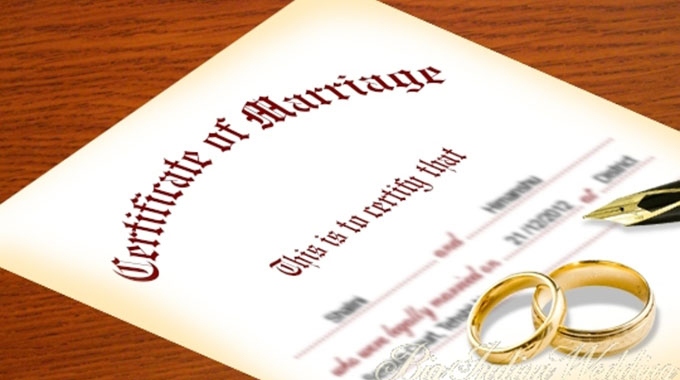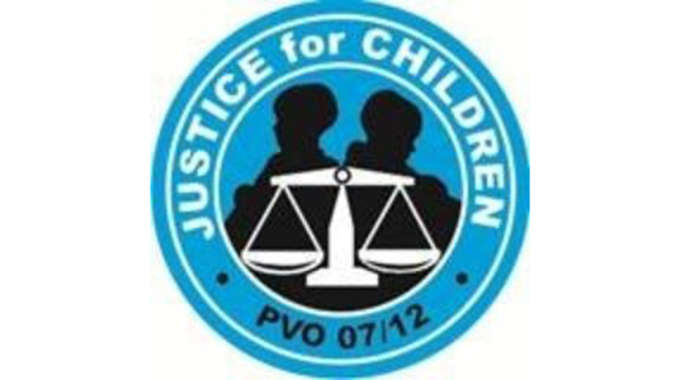New Marriages Act, protecting personal assets

Godknows Hofisi
Introduction
The new Marriages Act (Chapter 5:15), hereinafter called the “Marriages Act” became law at the end of May 2022.
According to the Act its purpose is:
- To consolidate the laws relating to marriages
- To provide for the recognition and registration of customary law unions;
- To provide for the recognition of civil partnerships;
- To amend the Child Abduction Act (Chapter 5:05), the Children’s Act (Chapter 5:06), the Guardianship of Minors Act (Chapter 5:08), the Maintenance Act (Chapter 5:09), the Matrimonial Causes Act (Chapter 5:13), the General Law Amendment Act (Chapter 8:07), and the Criminal Law (Codification and Reform) Act (Chapter 9:23);
- To repeal the Customary Marriages Act (Chapter 5:07) and the Marriage Act (Chapter 5:11);
- To provide for matters connected with or incidental to the foregoing.
Nature of marriage
According to Section 5 of the new Marriages Act:
- A civil marriage is monogamous, that is to say, it is the lawful union of two persons to the exclusion of all others and no person may contract any other marriage during the subsistence of a marriage under the General Law.
- A customary law marriage may, subject to the law of the people concerned, be polygamous or potentially polygamous.
- No person may be married under the general law and customary law at the same time.
- All marriages registered in terms of this Act are equal.
Civil partnerships
According to Section 41(1) of the Marriage Act a relationship between a man and woman who:
- a) Are both over the age of 18 years, and
- Have lived together without legally being married to each other, and
- Are not within the degree of affinity or consanguinity as provided in Section 7 of the Act, and
- Having regard to all the circumstances of their relationship, have a relationship as a couple living together on a genuine domestic basis, shall be regarded as being in civil partnerships for the purpose of determining the rights and obligations of the parties on dissolution of the relationship and, for this purpose, Sections 7 to 11 of the Matrimonial Causes Act (Chapter 5:13) shall, with the necessary changes, apply on the dissolution of any such relationship.
The circumstances referred to in Section 41(1) (d) may include:
- The duration of the relationship,
- The nature and extent of the common residence,
- Whether a sexual relationship exists,
- The degree of financial dependence or interdependence, and any arrangements for financial support between them,
- The ownership, use and acquisition of their property,
- The degree of mutual commitment to a shared life,
- The care and support of children,
- The reputation and public aspects of the relationship.
Section 41(5) recognises that a party to a civil partnership (male or female) may be legally married to someone else.
Sections 7 to 11 of the Matrimonial Causes Act (Chapter 5:13)
These sections cover the following areas:
- Section 7 — covers division of assets and maintenance orders pursuant to the court granting a decree of divorce, judicial separation or nullity of marriage.
- Section 8 — deals with duration of maintenance orders.
- Section 9 — covers variation of orders, etc, granted in terms of Section 7.
- Section 10 — addresses inquiry as to custody and maintenance of children.
- Section 11 — deals with claim for maintenance arrears for children.
Protection of assets
I have been requested by some of my readers to write about how to protect personal assets in the event that one may be in or is likely to be affected by a civil partnership. Problems arise upon dissolution or termination of the civil partnership as this may not be amicable. I will try to be as neutral as possible.
- First and foremost if one does not wish to face challenges associated with assets upon dissolution of whatever arrangement he or she might be, it is advisable to understood Section 41 of the Marriages Act and avoid having a set up that meets the definition of a civil partnership.
- Section 41(5) itself safeguards even in the event of dissolution of a civil partnership. According to the Section where one of the persons in a civil partnership is legally married to someone else (hereinafter called “the spouse of the civil partner”), a court applying Sections 7 to 11 of the Matrimonial Causes Act (Chapter 5:13) to the division, apportionment or distribution of the assets of the civil partnership shall pay due regard to the rights and interest of the spouse of the civil partner and ensure that its order shall not extend to any assets which are proved, to the satisfaction of the court, to be the assets properly belonging to the spouse of the civil partner. I can foresee married people “cooperating” to defend assets against a civil partner upon the dissolution of a civil partnership to which one of them was a party.
- Another positive interpretation of Section 41(5) is that it recognises that there has to be fairness or equity over assets upon dissolution of a civil partnership.
- A trust is another instrument that can safeguard assets in the event of a civil partnership. For example, common assets by parties to a civil partnership can be registered in the name of the trust whose beneficiaries are clearly defined to the exclusion of others. This also applies to a situation in which a party, for example the man, is legally married to someone else. It may be beneficial for the married man and his spouse (wife) to form a trust, define beneficiaries clearly, and use the trust to hold assets of the marriage.
- Assets may also registered in the name of separate legal entities such as companies with properly structured shareholding, for example trusts.
Conclusion
This simplified article is for general information purposes only and does not constitute the writer’s professional advice nor does it target any known situations, individuals or groups.
Godknows (GK) Hofisi, LLB(UNISA), B.Acc(UZ), CA(Z), MBA(EBS,UK) is a legal practitioner / conveyancer, chartered accountant, corporate rescue practitioner, registered tax accountant, consultant in deal structuring and business valuer. He is also a director with Investacare International (Private) Limited. He writes in his personal capacity. He can be contacted on +263 772 246 900 or [email protected]









Comments